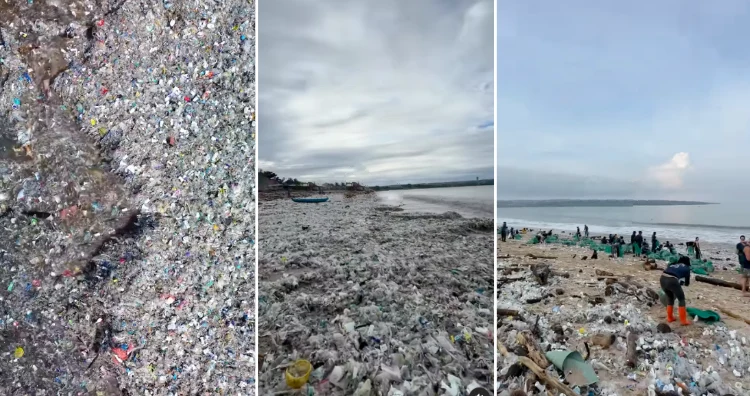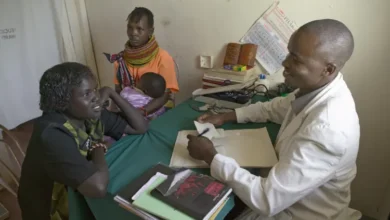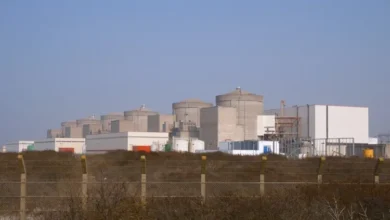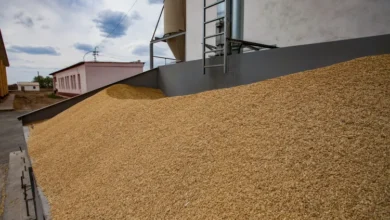
Volunteers Tackle Bali Beach Cleanup Amidst Monsoon Trash Crisis
Monsoon Season Brings Unprecedented Plastic Pollution to Bali
Bali, a top tourist destination in Southeast Asia, is grappling with a severe wave of plastic pollution driven by annual monsoon rains. As one of the largest contributors to marine debris, Indonesia sees massive amounts of plastic waste swept from urban areas into the ocean, much of which ends up on Bali’s iconic beaches. This phenomenon intensifies between November and March when strong winds and rains carry debris from cities and rivers.
Beaches Turn into Trash Hotspots
Kedonganan beach, located in southern Bali, has become a stark example of the crisis. Plastic cups, straws, cutlery, and coffee sachets are among the waste scattered across the shoreline, mingled with natural debris like plants and wood. The extent of the pollution has alarmed both locals and visitors.
Massive Cleanup Effort by Volunteers
View this post on Instagram
On a rainy morning, around 600 volunteers, including local residents, hospitality workers, and tourists, gathered to tackle the overwhelming trash. Armed with gloves and sacks, they painstakingly removed waste from the sand. By the end of their efforts, hundreds of large sacks were filled.
Record-Breaking Waste Collection
Sungai Watch, an environmental NGO leading the cleanup, described the situation as the “worst” plastic pollution Bali has ever faced. According to the organization’s founder, Gary Bencheghib, an astounding 25 tons of waste were collected within six days. This marked a record cleanup effort for the group.
“We have never seen plastics a metre thick in the sand. Most of this waste originated from Java, Indonesia’s most populated island,” Bencheghib explained, citing an audit conducted by the NGO.
A Call to Reduce Plastic Use
View this post on Instagram
Among the volunteers was Tatiana Komelova, a tourist from Russia, who expressed her shock at the scale of the pollution. “I knew the problem existed, but I didn’t know it was this bad,” she said.
Komelova shared that the experience motivated her to make changes in her lifestyle. “I use plastic products a lot in my life, and now I try to reduce it as much as possible,” she added.
Bali’s monsoon season underscores the urgent need for sustainable waste management and global efforts to combat plastic pollution. Local organizations like Sungai Watch and individual actions by tourists and residents alike are essential in mitigating this growing environmental crisis.




